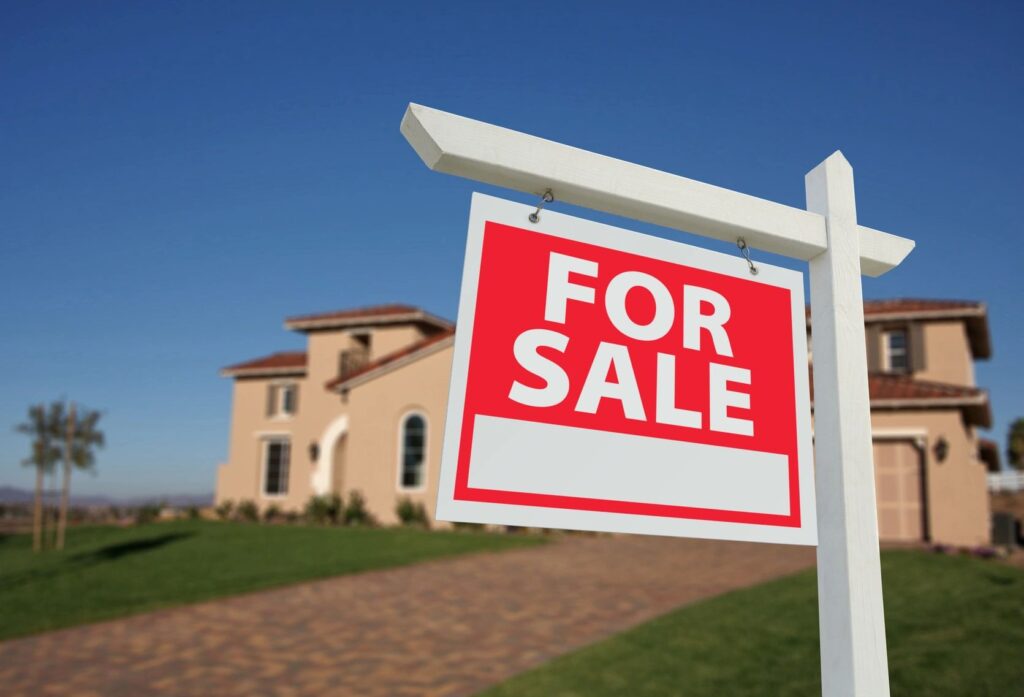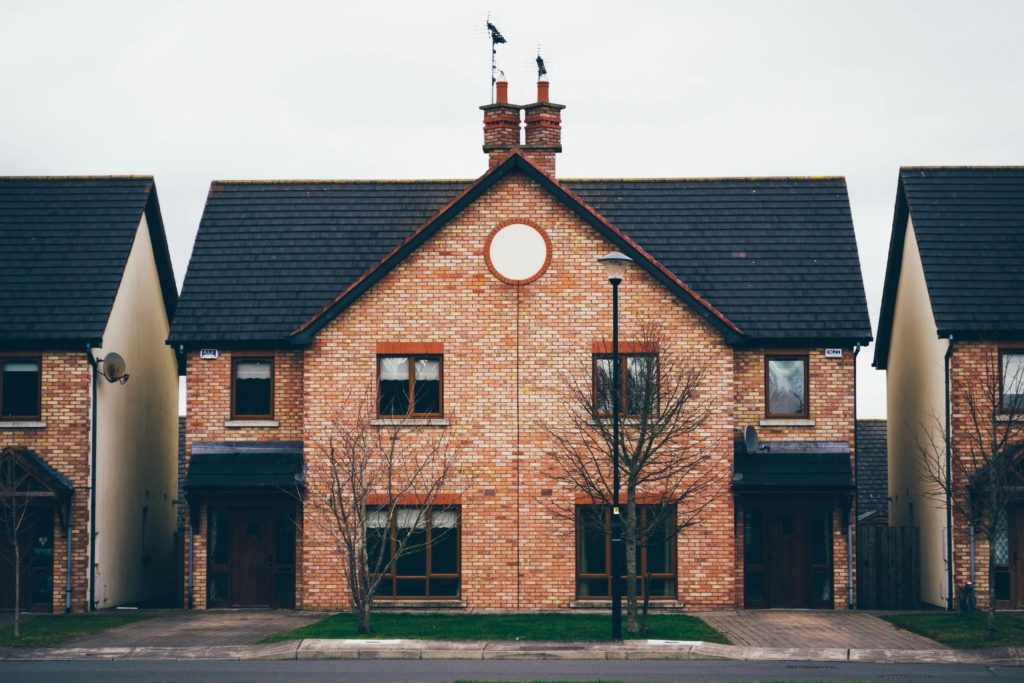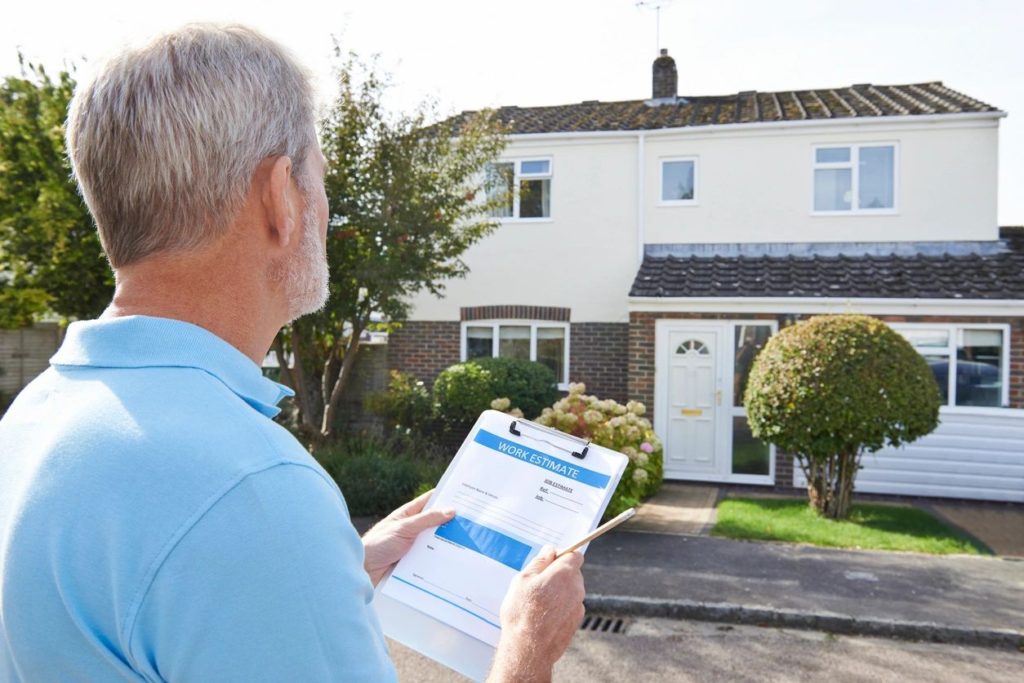
When a homeowner fails to pay property taxes or the mortgage, local government or lenders initiate a foreclosure (take back) process to forcibly acquire ownership of the home. Once it has been through the foreclosure process, the owner is no longer legally bound to the property and it will usually be placed in an auction. This will be public record and once the home was transferred from a homeowner to a bank or lender, it will be available at a reduced price in the housing market.
Foreclosed properties are often cheaper than other homes for sale, but there are plenty of reasons for that which are worth considering. While it can be high risk, there is a good chance it is also a great investment. Search for a realtor that specializes in foreclosed homes. The home you have found may be listed at an affordable price, but often buyers underestimate the money they will spend to make the home livable. Usually, these homes are in need of repair and the A good realtor can help determine if it is worth the investment.
It’s absolutely a must to do a physical inspection because buying a foreclosed home is buying “as is”. The bank that now owns the home does not have to disclose and usually doesn’t know any of the previous history, or any problems that have taken place. Missing appliances, hidden holes in floors & walls, vandalism, broken piping, and stolen fixtures are just a few of the details easily missed. Trees, vines, and bushes can uproot foundations and grow into the piping. The longer the home has been sitting – which can be quite a long time frame – the more damage is found.
The Bottom Line: Buying a foreclosed home might end up costing more in repairs than planned and may end up being a bad financial move. The home might be sold at a great price, but in the end, the home could be a money pit. Getting the help of a skilled realtor is paramount in this situation because what you see and don’t see in the home is what you get. It is essential that the buyer knows what they are getting into and a good Realtor will be able to highlight all the pros and the cons.

 See Our National Coverage Map
See Our National Coverage Map





